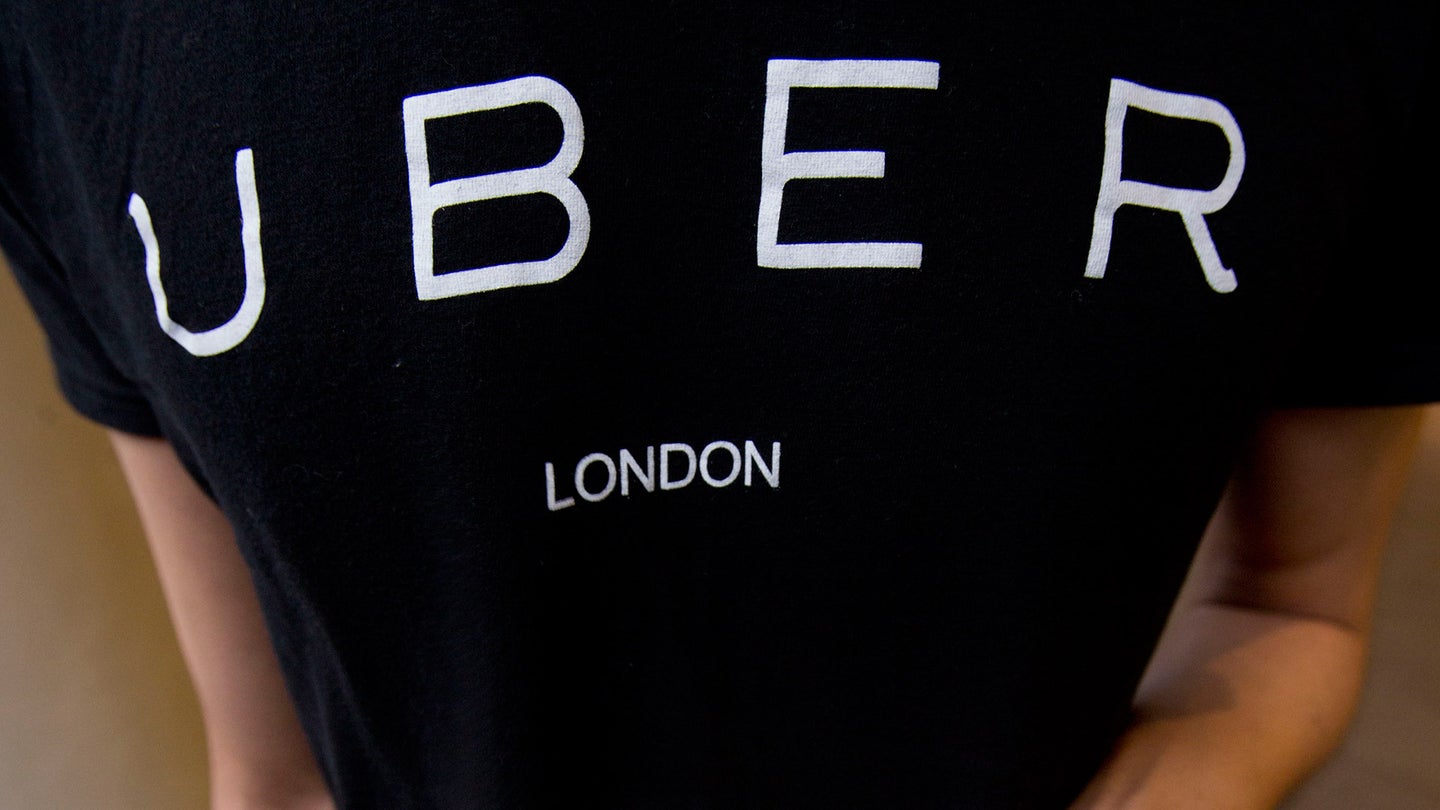Uber Loses UK Appeal, Can No Longer Treat Drivers as Self-Employed
The decision could have a ripple effect across the “gig economy”

Even if Uber regains its London operator license, it still faces new challenges in the United Kingdom. The ride-sharing company lost an appeal to overturn a court decision requiring it to treat its drivers as workers, rather than self-employed contractors. The decision strikes at a pillar of the ride-sharing business model.
After its appeal was denied by the Employment Appeal Tribunal, Uber immediately said it would appeal to higher courts, reports Reuters. The decision stems from an argument brought by two Uber drivers last year at a British employment tribunal. The drivers claimed Uber was exerting enough control over them that they should be treated as employees.
A decision in the drivers' favor did not automatically apply to every U.K. Uber driver, but it's assumed that it will set a precedent for further claims. This could shake the foundations of Uber and other companies built on the "gig economy." Uber drivers are not considered employees, and so do not receive benefits like healthcare and a guaranteed minimum wage. But some drivers rely on Uber as their main source of income, effectively doing the same amount of work as full-time taxi drivers.
Uber claims the majority of its drivers are part-timers who prefer the flexibility of the current freelance system so that they can set their own hours. In September, it argued that its U.K. drivers operate in the same way as minicabs, the privately-operated taxis that compete with London's more heavily regulated Black Cabs.
Uber and other ride-sharing companies save a lot of money by treating drivers as independent contractors rather than employees. That excuses companies from setting minimum salaries or providing benefits. The flexibility of the current system also benefits drivers who use ride-sharing as a side hustle. But given the growing popularity of ride-sharing, it's unclear whether the current system will be able to meet demand indefinitely. The expected rise of self-driving cars may solve that problem by eliminating human drivers entirely.
Meanwhile, Uber is still fighting to get its London operator license back. Transport for London, the British capital's transportation agency, elected not to renew the license when it expired at the end of September. Officials cited a number of concerns, including what they viewed as lax policies for background checks and reporting crimes committed by Uber drivers.
